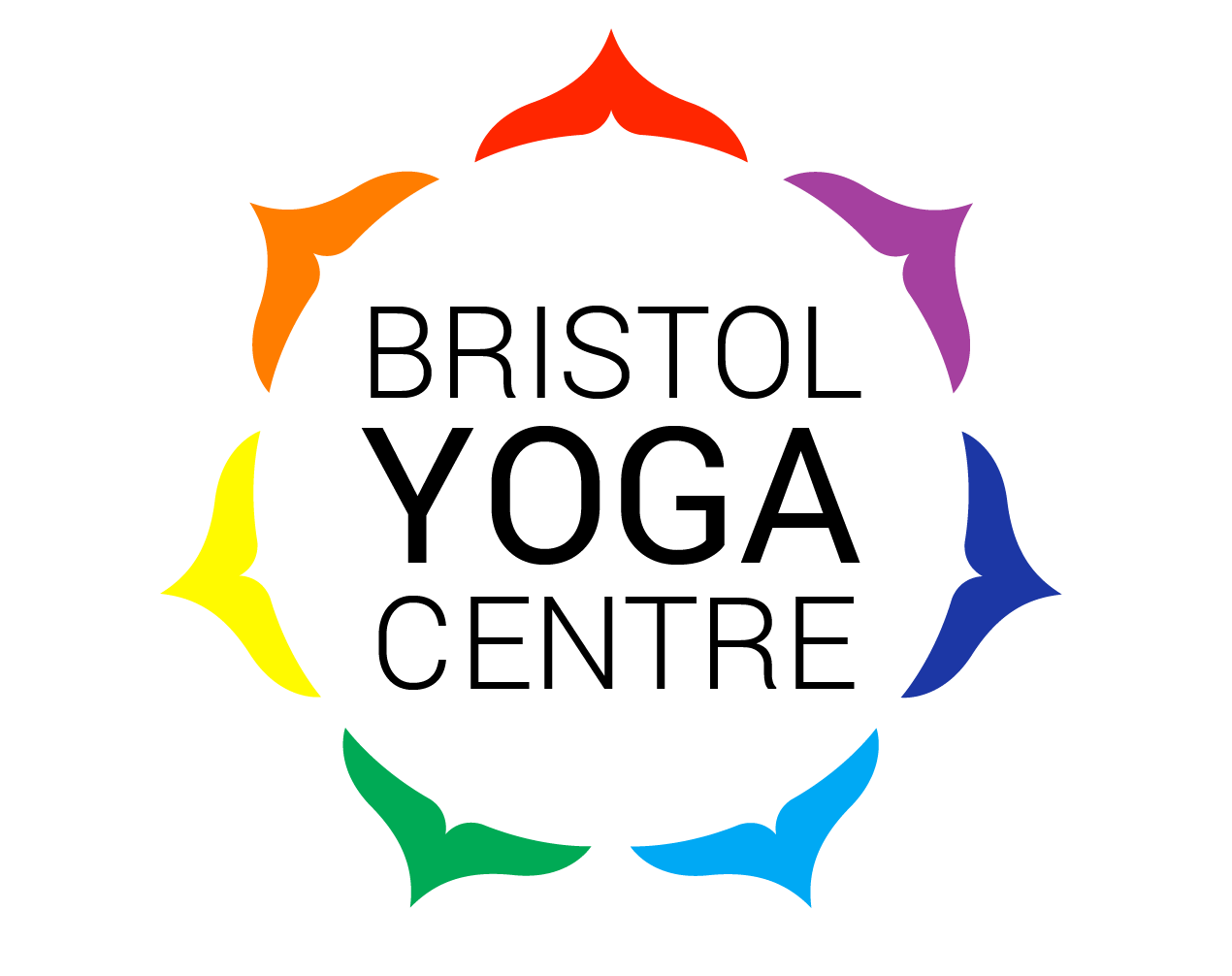I’ve just been to Emilia’s Mindful Yin Yoga workshop at the Bristol Yoga Centre. It was so popular that the workshop was completely sold out.
Yin Yoga is floor-based postures that are held for long period of time, (anywhere from 3 to 10 minutes) to deeply release the mind & body and to encourage you to enter a meditative state. Similar to restorative yoga, props can be used to help you release more deeply. Unlike restorative yoga, Yin yoga applies moderate stress onto the body, especially the connective tissues of ligaments, fascia, joints, bones and the energetic channels of the meridians.
Emilia’s Yin yoga uses the tools of Mindfulness-based Stress Reduction (MBSR) and 12 main Organ Meridians to promote relaxation, balance and greater awareness. The workshop was 2.5 hour long but it felt much shorter. Some people worry about not being able to keep up with the longer practice but you’d be surprised how quickly the time goes. It’s actually a really great way to delve more deeply into our practice. She started with some warm ups and self massage to gently open the body and relax the mind. This was followed by some deep Yin postures that focused on hip openers, forward bends, side stretches and backbends. My favourites were the caterpillar and banana poses. Not only they have lovely playful names but they were incredibly restorative and wonderful to do!
Caterpillar pose is a supported version of Paschimottasana (seated forward bend). It can be confusing but different styles of yoga can have different names for postures (for example, caterpillar pose is often known as Ashtangasana). We practiced it with rolled up blankets underneath our knees, which can really get the length and release in the lower back, whilst gently stretching the back of the legs.
Banana pose or Bananasana is a supine side stretch pose that uses the floor for alignment and support. It’s a great way to open the side of the body and shoulders. This pose is said to stimulate and balance the Kidney Meridian. Meridians are lines of energy that flow through the body and can affect various organs, circulation, and general function of the physical body and the state of mind.
The session ended with lovely long Savasana with amazing sound of Koshi wind chimes and a balancing pranayama practice. I first came across Koshi wind chimes when I was on a yoga retreat last year. After hearing this lovely sound again, I couldn’t resist getting one!
Everyone seemed completely relaxed and energised after the workshop. It’s amazing to see the difference in people even after only one session. I just recovered from a cold and the workshop really helped with my breathing and energy levels.
We are planning to do more Mindful Yin Yoga workshops soon so watch this space! In the mean time, you can attend Emilia’s excellent weekly classes.


